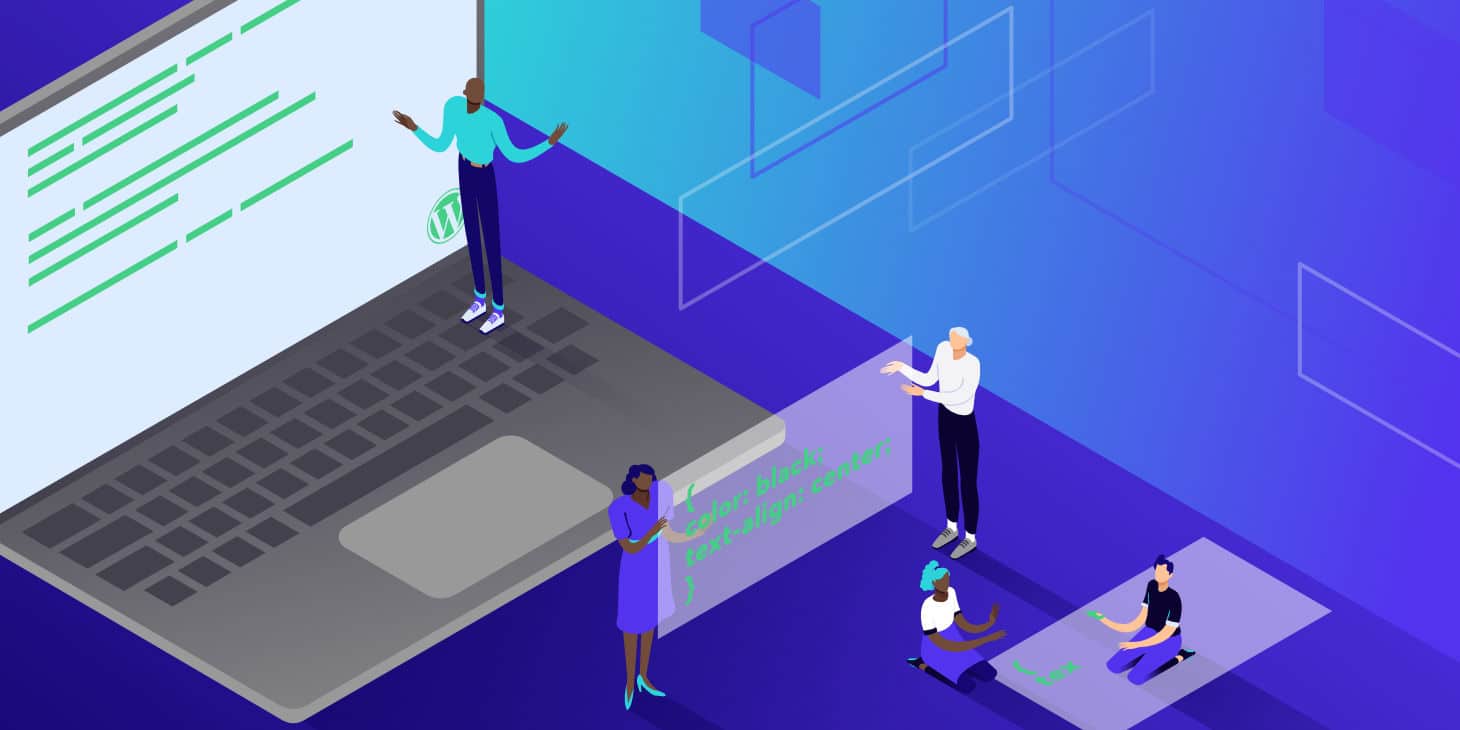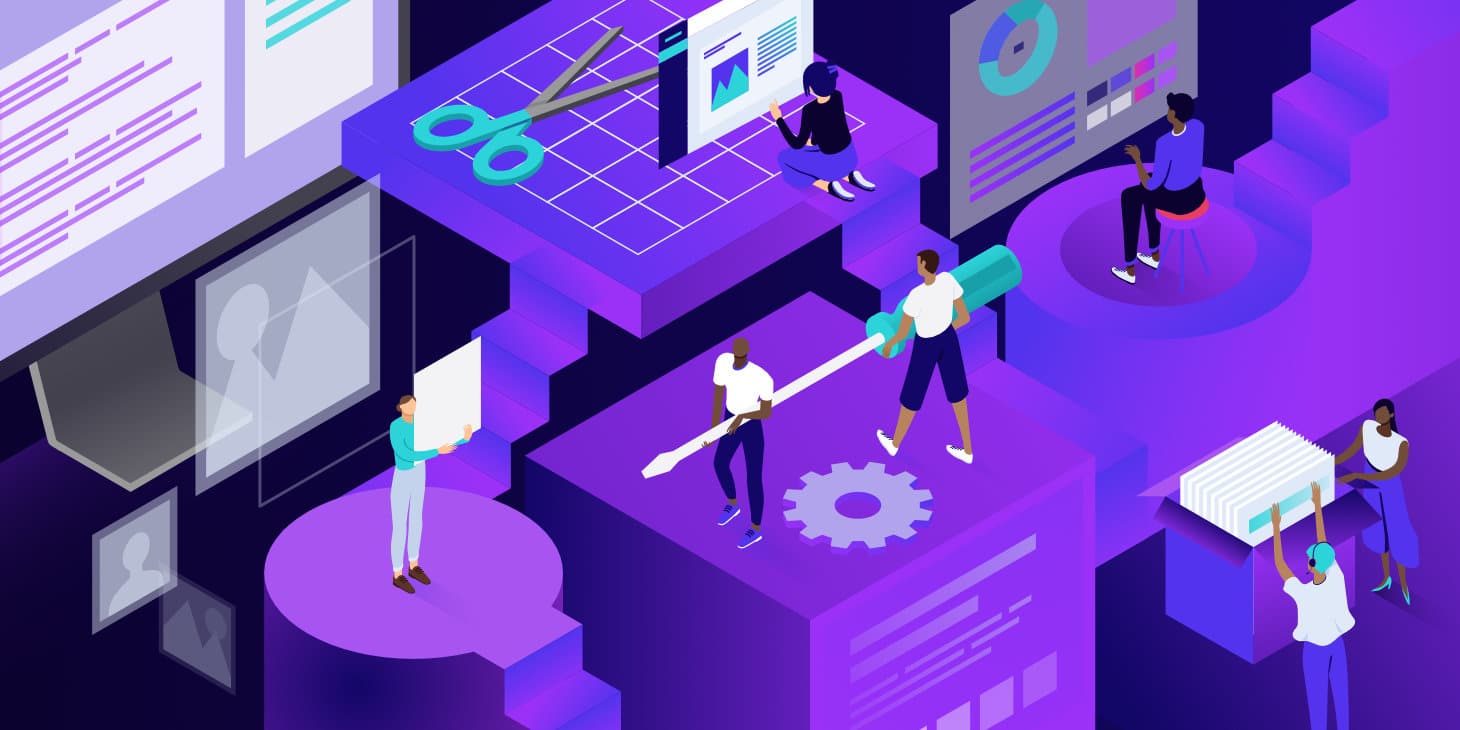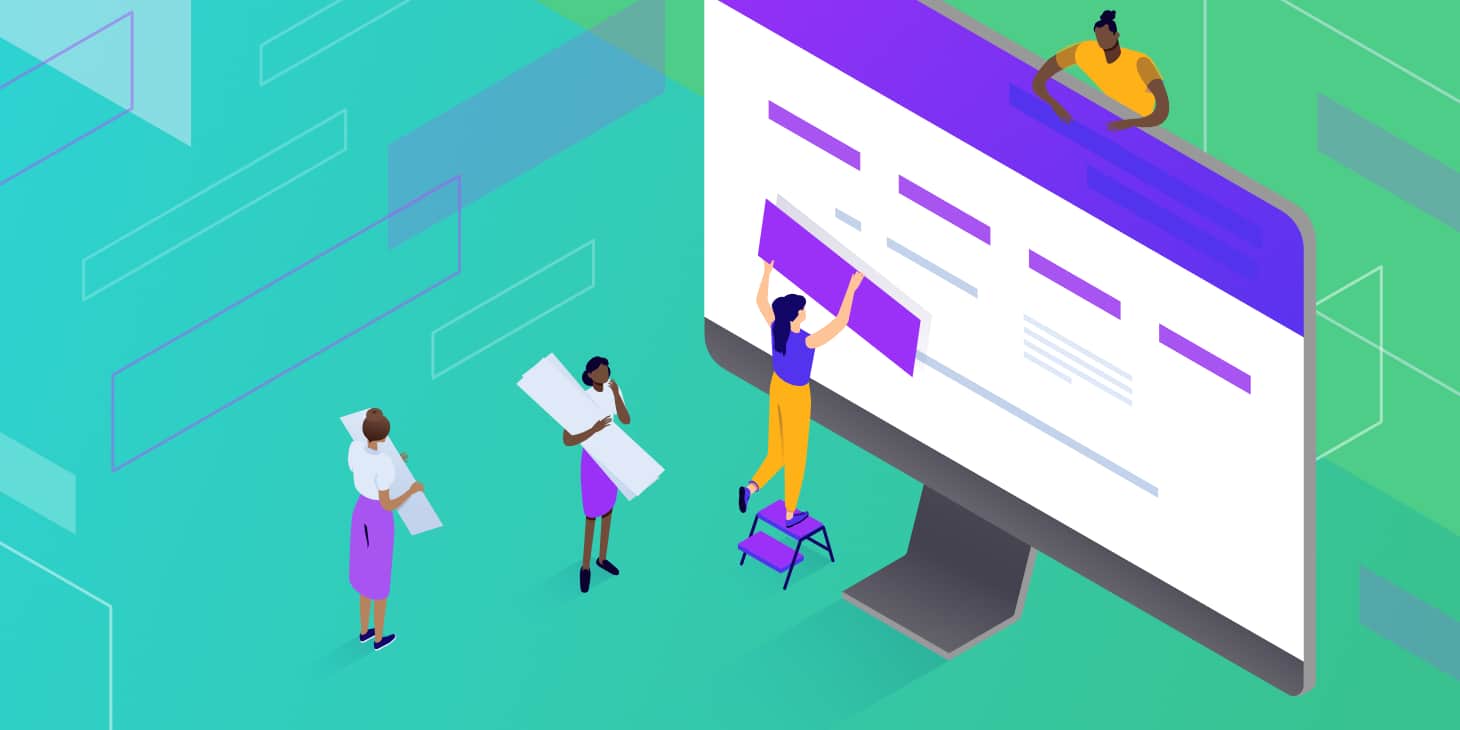Accommodation booking app: what to consider when developing it
Оглавление
The rental business requires high-quality automation of processes such as booking apartments, processing applications and making payments. A mobile app is the most convenient tool for solving these tasks. With a smartphone always at hand, guests and hosts can stay in touch and respond to requests instantly.
Thanks to the app, applications are never lost, bookings are recorded, calendars are automatically kept up to date and any changes to properties are implemented immediately. All of which makes the rental business more efficient, customer focused and profitable. However, to make a booking app popular and in demand, there are a number of nuances to consider when developing it.
Tailored solutions for every business
There are several types of mobile services for renting accommodation: apps for booking rooms in a single hotel, marketplaces (aggregators) for listing properties from different owners, and apps from intermediary agencies. The basic functionality of such apps:
- Guest profile. The user selects and books accommodation, makes online payments, communicates with the landlord, has a personal account with a history of bookings and contacts support if necessary.
- Landlord profile. Landlords or their managers upload and edit properties, process bookings, communicate with guests, accept payments and set up a calendar.
- Administrator profile. The Administrator is an intermediary between the Owner and the Guest, whose functions include moderating items, providing user support, resolving disputes and current issues.
This is the basis of the app’s functionality, but it is important to understand that each rental business has its own characteristics. For example, when developing a booking service for a particular hotel, special attention is paid to the unique structure of the catalogue and the design of the interface using the brand’s style, as the app is a calling card for the property.
Marketplaces need to pay more attention to performance, scalability and speed. In addition, aggregators are a business in their own right and need to make money, so it is worth considering all monetisation options when developing them.
Therefore, the development of the app should be approached individually – analysing the niche, the mechanics of the business processes, the specifics of the interaction between landlord and tenant and the way the booking platform itself generates revenue. And only then create an app concept.

Key principles for designing an accommodation booking app
- Simplicity and conciseness
The audience for an accommodation booking app is not always experienced mobile users. Make sure the interface is as easy to use as possible, so that each guest can quickly find, book and pay for the right accommodation. This will help:
- Simple structure and intuitive navigation;
- interactive tips;
- Clear, unambiguous headings and titles;
- Rejection of “special effects” that slow down the application;
- Easy access to technical support to help resolve any issues;
- Adherence to UI/UX principles in design development.
- The speed of the accommodation booking app
Finding a home that suits your needs can be difficult. Sometimes you have to browse and compare many options to make the right choice. If you add to these difficulties the slow loading of properties, the app has no chance of success. Therefore, ensuring high speed should be a priority when developing an accommodation booking app.
What to consider when designing the interface of an apartment booking app
- Maximum number of filter parameters
The accommodation booking service offers users a large number of properties with different parameters, prices and locations. It is difficult to select an option by simply browsing the list – this requires high quality filtering and sorting according to the selected parameters. The more such parameters, the easier it is for the guest to find the desired property.
Examples of filter parameters:
- Type of accommodation – apartment, room, hotel, hostel, etc;
- Location – country, city, county;
- Area and number of rooms;
- Price range;
- District and distance from the centre;
- Rating of the object;
- Entertainment, attractions and infrastructure nearby;
- Cancellation conditions;
- Availability of amenities, furniture, appliances with details of names and quantities;
- Access for people with disabilities;
- Other features.
Examples of sorting parameters:
- by price;
- by rating;
- by distance from the centre.
Using such filters, you can create a selection of objects that meet the user’s requirements down to the last detail.
- High-quality photo gallery
Guests often choose their accommodation by sight – by the interior, exterior comfort and colour scheme. This is not surprising, as the atmosphere of a home is no less important than its location or the availability of appliances. That’s why the quality of the pictures is so important. The following photo gallery features will help you make your home more attractive to users:
- Upload high quality photos;
- Correctly display horizontal and vertical photos of different proportions;
- to expand the photo to full screen;
- Optimise file weight without compromising quality;
- Automatic logo application;
- A built-in editor that lets you correct colour and brightness;
- Browse photos quickly;
- Convenient exit from the gallery.
- Quick interactive map
One of the most popular tools for finding accommodation is an interactive map showing all available properties. What to consider when developing a map:
- Fast loading;
- Instantly re-create elements as you move and zoom the map;
- Fit the text to the scale of the image;
- View prices of apartments;
- Display street names, house numbers and businesses on the map;
- Create a route to the apartment;
- Preview an item with a long press (photo, price, rating, etc.);
- Switch to an object with a short press;
- Search by keyword.
- Convenient calendar
The calendar allows guests to check availability and owners to track active and upcoming bookings. If you are developing an accommodation booking application, we recommend that you include calendar functionality for the administrator:
- Display of free and occupied dates, current prices;
- Past, active and future bookings;
- Switch from the calendar to the selected booking;
- Edit the availability of appointments;
- Edit prices and booking conditions;
- Add notes.
- Full-featured chat
Allow free communication between the guest and the homeowner in the chat room, so they can resolve issues quickly and avoid misunderstandings. Recommended chat functionality:
- Text messages;
- Send a photo;
- A note on reading;
- a list of all chats;
- Block the exchange of contact details before making a reservation (if required by the rules);
- Quick response templates (Wi-Fi password, intercom code, directions, check-in recommendations, etc.)
- Push notifications for new messages.
- Chatbot
Sometimes guests and hosts have typical questions that can be solved by a robot. A chatbot is created to answer common questions, offer standard solutions to problems and provide advice. If the question is beyond the capabilities of the AI, the chatbot will transfer the user to a technical support specialist. The benefits of a chatbot are 24/7 availability and immediate responses, regardless of operator workload.
- Fill in the object card quickly
To make filling in an object card as easy as possible, you can implement the following tools in your application:
- A quick form that allows you to write down a full list of the appliances, facilities and furniture available in the property;
- Batch upload photos with automatic moderation;
- A convenient section for editing booking conditions;
- Automatic price updates.
This feature allows you to quickly create and edit properties. The system itself provides a list of features, simply tick the right boxes and the property map is detailed to the last detail.
- Real reviews and ratings
After staying in the apartment, guests leave reviews and rate the accommodation, which automatically calculates the property’s rating. Useful features:
- Evaluation of the establishment according to various criteria (cleanliness, quality of service, comfort, location, value for money, etc.);
- Text feedback – positive and negative points, general impressions;
- Sort reviews by date and rating;
- The ability to respond to an audit.
It is necessary to ensure that the reviews are genuine and can only be left by real guests after their stay in the apartment, based on true impressions.

Features of the app for booking accommodation
- Multiple payment methods
Users are used to different payment instruments – this should be taken into account when developing an application. The rules of the booking service may provide for two payment methods – cash at check-in or prepayment online. If cash is clear, then it is better to offer multiple online payment tools so that the user does not change their mind about booking due to an inconvenient payment method. Possible options:
- with direct entry of Visa/MasterCard bank card details;
- through Apple Pay and Google Pay e-wallets;
- through LiqPay and other electronic payment systems;
- via PayPal;
- by bank transfer.
The payment processing functionality is also used to resolve other issues. For example, if guests cancel a reservation, they are entitled to a full or partial refund according to policy. For no-shows without warning, the guest is charged a penalty. Or the owner will be fined if he or she was unable to accommodate the guest without good reason. Calculating and making refunds, charging and writing off penalties – all this should be done automatically, securely and conveniently for users.
- Cross-platform
What operating system should I develop an accommodation booking app for? If it is an elite VIP apartment with a target audience of high net worth individuals, you can choose an iOS app. For universal services that offer accommodation in different price ranges to a wide range of users, we recommend choosing one of the following options:
- Cross-platform hybrid application, that works properly on Android and iOS devices. This option allows you to save money and get two in one – one application for two operating systems.
- Two applications created separately for Android and iOS have the same functionality and work in sync. This is more expensive than the hybrid version, but it allows you to adapt the interface to the requirements of Google and Apple as efficiently as possible, using the capabilities of both operating systems.
- Synchronisation with the website and other services
If your accommodation booking service has a web version or CRM, you can use the API to synchronise them with your mobile app. These resources will work in sync and bookings will appear on both the website and the app.
Once synchronised with the website, you can use the service from any device: access the website from a laptop or PC and the application from a smartphone or tablet. All you have to do is log in to the devices you need. All functions can be synchronised:
- Create and edit objects;
- Processing of bookings;
- Online payment;
- Calendar, availability of dates;
- Setting prices and booking conditions;
- Chats between users;
- Contact technical support.
If the property is listed on multiple platforms, you can synchronise the calendar with third party services. This avoids double bookings and ensures the calendar is always up to date. It is also popular to duplicate the app’s notifications to an email address – this is done by synchronising the app with an email newsletter service.
- Advanced monetisation functionality
Accommodation booking aggregators and marketplaces make money in a variety of ways:
- Take a commission from the payment of reservations made – a fixed amount or a percentage;
- Paid access – Landlords pay a set amount to list an item and use the service;
- Paid subscription – for a one-off or monthly fee, you can get premium access to advanced features that give you more options;
- Advertise your property in the app – for a fee, your property will be placed at the top of the catalogue or in specific locations;
- Contextual advertising – placement of banners from contextual advertising services.
At the stage of creating an application concept, it is worth planning monetisation methods and providing the appropriate functionality.
- Statistics and analysis
The owner of the property wants to understand the effectiveness of his work – how many bookings have been made, how much money has been earned, during which periods guests were satisfied with their stay and when they were not. All of this data can be calculated in the app – statistics collection and analysis reports are set up for this purpose. Here are some examples of what can be analysed in the app:
- Total number of bookings;
- The number of bookings for the selected period;
- Average guest rating;
- Payments received and withdrawn;
- the number of days booked;
- Dynamic bookings and revenues;
- Number of no-shows, ratings, views, requests, cancellations, etc.
If you want an effective and profitable hotel or accommodation booking service app, contact KitApp’s mobile development studio. We will take into account all the nuances and create a tool that will help you grow and scale your business.

